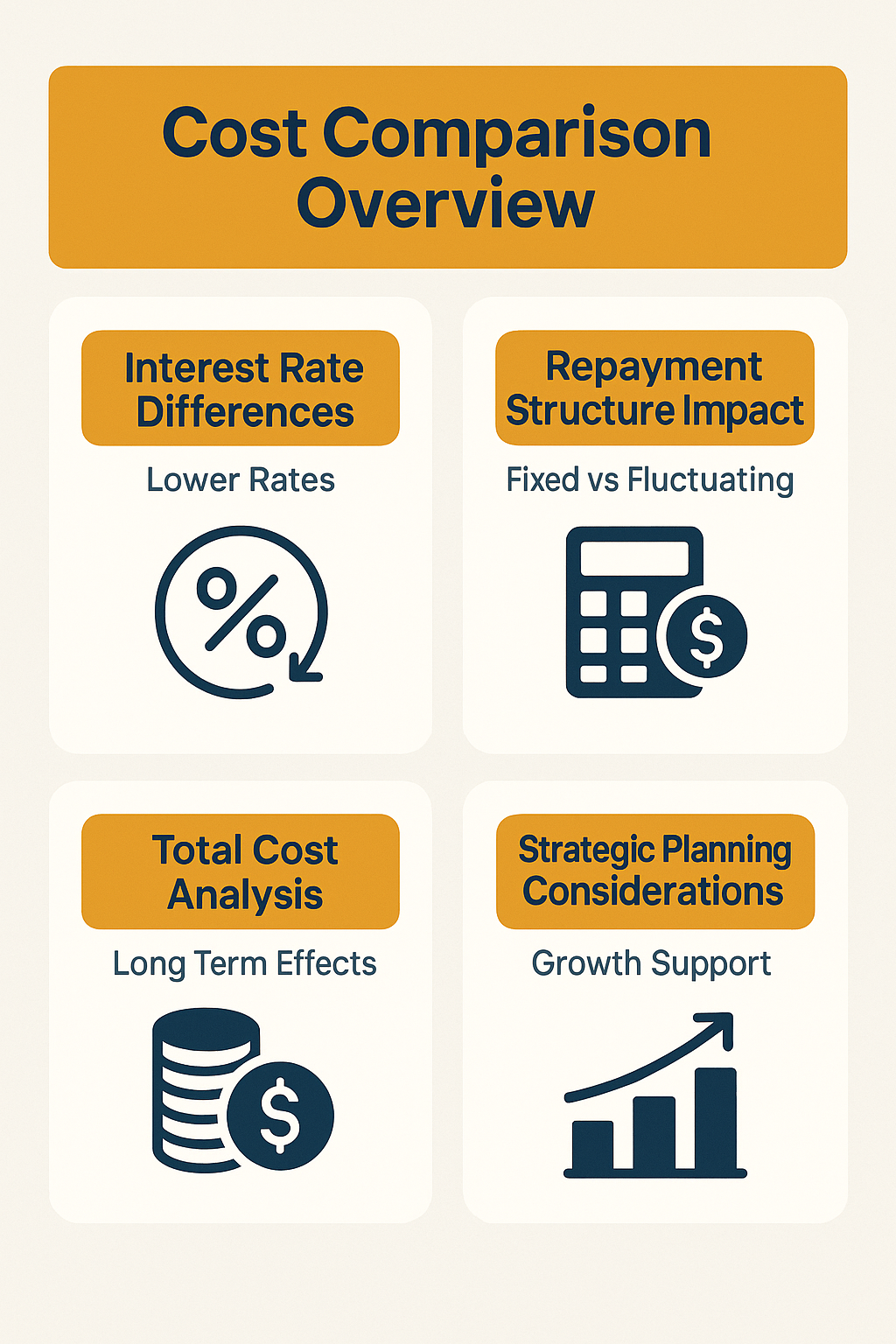Choosing between SBA loans vs alternative merchant funding can significantly impact your business's financial future. While SBA loans typically offer lower interest rates, merchant cash advances provide faster access to capital with fewer qualification hurdles. Understanding these differences helps you make informed decisions about your business's funding strategy.
Understanding Qualification Hurdles
When comparing SBA loans vs alternative merchant funding, qualification hurdles represent one of the most significant differences between these options. SBA loans typically require extensive documentation, including detailed financial statements, business plans, and personal guarantees. The approval process may involve multiple rounds of underwriting challenges that can delay or prevent funding approval.
Alternative merchant funding options like MCAs often have more flexible qualification requirements. These funding sources may focus primarily on your business's daily credit card sales or revenue patterns rather than traditional credit metrics. This approach could benefit businesses with variable revenue streams or those that might not meet conventional banking standards.
Funding Timeline Considerations
The funding timeline varies dramatically when evaluating SBA loans vs alternative merchant funding options. SBA loans often require weeks or even months to process due to their comprehensive review procedures and regulatory requirements. This extended timeline may not suit businesses facing immediate cash flow needs or time-sensitive opportunities.
Merchant cash advances typically offer much faster funding timelines, sometimes providing capital within days of application approval. This speed advantage comes from streamlined underwriting processes that focus on recent sales data rather than extensive financial history reviews.
Cost Comparison and Long Term Impact

- Interest Rate Differences: SBA loans generally offer lower interest rates compared to merchant cash advances, which may result in significant cost savings over the life of the financing.
- Repayment Structure Impact: SBA loans feature fixed monthly payments, while MCAs use percentage-based daily collections that fluctuate with your sales volume.
- Total Cost Analysis: Although MCAs provide faster access, the higher cost comparison structure could impact your business's long term profitability and cash flow management.
- Strategic Planning Considerations: Lower-cost SBA financing might better support expansion plans, while higher-cost merchant funding could work for short-term working capital needs.
Hybrid Strategies for Business Growth
- Timing-Based Approach: Use merchant cash advances for immediate needs while preparing SBA loan applications for larger, long-term investments in equipment or expansion projects.
- Risk Management Strategy: Combine both funding types to diversify your capital sources and reduce dependency on any single financing option during economic uncertainty.
- Growth Phase Alignment: Apply SBA loans for strategic growth initiatives with predictable returns, while using merchant funding for seasonal inventory or marketing campaigns with variable outcomes.
- Cash Flow Optimization: Leverage the flexible repayment structure of merchant advances during slow periods, complemented by the stability of fixed SBA loan payments for budgeting purposes.
The choice between SBA loans vs alternative merchant funding depends on your specific business circumstances, timeline requirements, and financial goals. Consider your qualification ability, funding urgency, and cost tolerance when evaluating these options. Many successful businesses use hybrid strategies that combine both funding types to optimize their capital structure and support different aspects of their growth plans.

.png)

.svg)





